|
This is a very interesting finding by another Dr. Dunn and her colleague. It sheds critical light on a longstanding debate about to what extent ancient human presence in North America was benign. A major talking point of constructivist, anti-wilderness thinkers is that large-scale human-induced fire has long been a part of North American landscapes and so "wilderness" (they like to scare quote it) is an unjust myth. There is a grain of truth to this and it is undeniable that the indigenous people of North America (and elsewhere) have been subjected to many injustices. Nevertheless, the basic anti-wilderness position and argument, which includes those relying on human-induced fires is quite wrong. First, because for countless millions of years prior to the quite recent (geologically and evolutionarily speaking) arrival of humans on this continent, wilderness was the basic condition here in a Pleistocene bonanza of large megafauna. And second, as this study reveals, because humans were likely integral to the widespread extinction of many species and thus, while it IS the case that human-induced fire was widespread (though by no means ubiquitous - another fallacy in the constructivist argument) for a decent length of time (let's say 14,000 years more or less), it was destructive in many ways. Thus it does not follow that it is a good thing and SHOULD have been a part of this landscape. Regardless, it is a necessary work in progress to do right by the indigenous people of this continent even if their ancestors are implicated in ecological destruction (as no human society is likely immune from). And it is also the case that since these early extinctions, the cultural development of North American indigenous peoples, including land management practices, spiritual connections, and ethical systems, has become something admirable in many ways due to learning from past mistakes, so this revelation doesn't take away from this. Just as we can appreciate the land management practices, spiritual connections, and ethical systems encapsulated in the ethical and practical innovation of wilderness in the contemporary context.
0 Comments
General Oliver O. Howard to Chief Joseph (Hinmatoowyalahtq'it) and Nez Perce (Nimiipuu) in Montana (1877) "The earth is the mother of all people, and all people should have equal rights upon it. You might as well expect all rivers to run backward as that any man who was born a free man should be contented penned up and denied liberty to go where he pleases" --Chief Joseph (Hinmatoowyalahtq'it) in Washington D.C. in 1879
“Why does this strange man go into the wet woods and up the mountain on stormy nights? Why does he walk along on barren peaks or on dangerous mountains?”
--Toyatte (Chilkat) “It has always seemed to me that while trying to speak to traders and those seeking gold mines that it was like speaking to a person across a broad stream that was running over fast stones and making so loud a noise that scarce a single word could be heard. But now, for the first time, the Indian and the white man are on the same side of the river.” --Chilkat chief Dan-na-wuk "At this moment I can picture Ekok, somewhere out in the wilderness of the North...The wind blows fiercely into her face, and sharp pains tingle in her nose as the frost nips it. It is bitter traveling, and maybe as she stops a moment to get her breath she wonders what all her hardships are for, what good comes from all the suffering and futility and misery of life. But if so it can only be for an instant. Reasons are only for children who have time to dodge actuality with philosophical diversion. Here is snow and wind and freezing in the storm-filled sky. Here is life and the Arctic and the great, instinctive surge to live. She bends her head a little lower and pushes forward once more into the blizzard."
-Bob Marshall, Arctic Village |
Chris Dunn, PhD
Researcher, writer, explorer*, photographer, thinker. Wrestling with nature, culture, technology. Archives
July 2024
Categories
All
*When I use the term "exploration", I mean it in a personal sense (discovery for myself, or at a unique moment in time [everywhere after all--even crowded cities--endlessly await rediscovery--by new eyes and in new moments]), not in an absolute sense. With few exceptions (notably Antarctica), almost everywhere on earth has had other people around for a long time (though to varying degrees - high mountain tops or places like the interior of the Greenland Ice Sheet for instance were far less visited and populated, and undoubtedly at least some pockets of the earth were never visited or populated). It is an enlightening experience though when on an isolated ridge in what feels like the middle of nowhere to wonder if anyone has set foot there but never knowing for sure. What is significant is that the landscape itself is left in such a condition that it isn't evident. Some places ought to be kept that way.
|
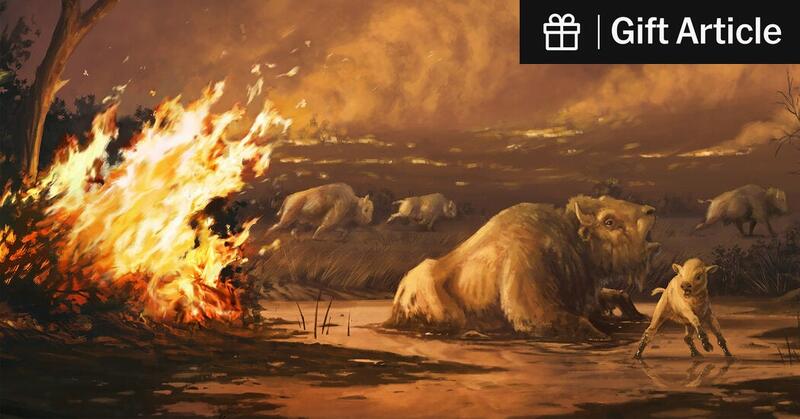
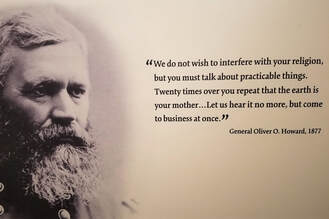
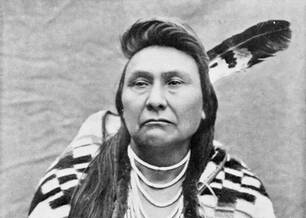
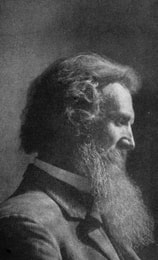
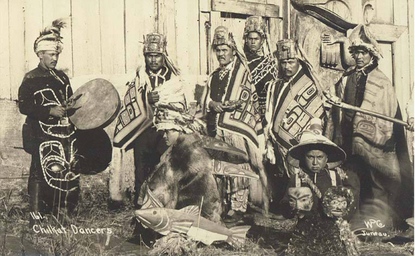

 RSS Feed
RSS Feed